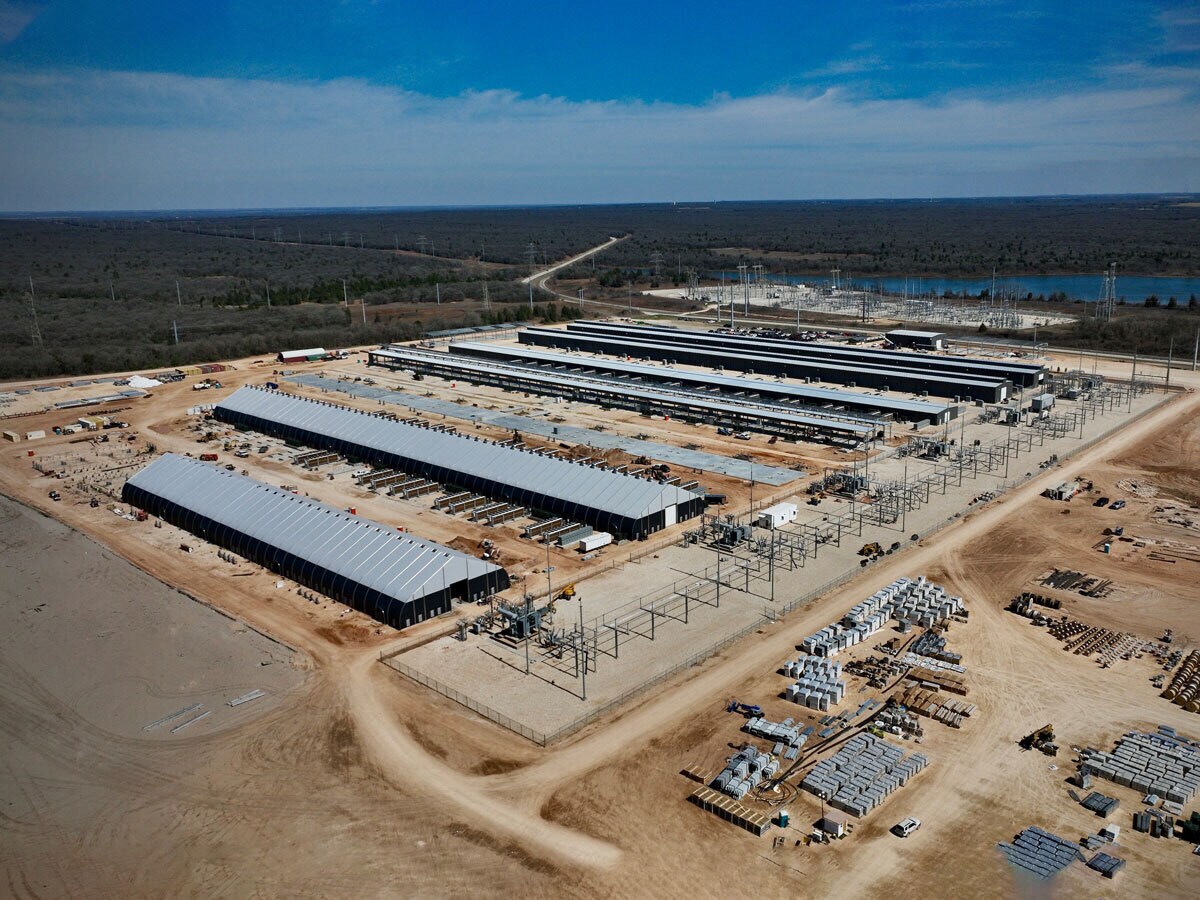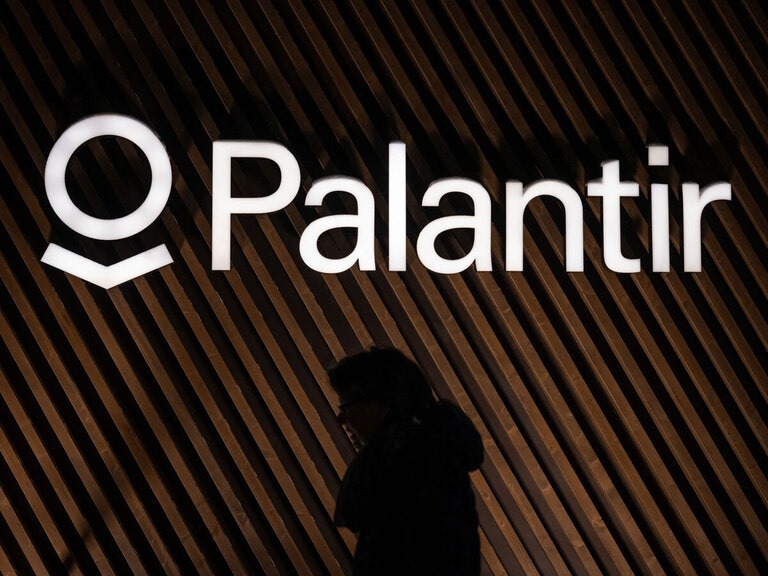Michael Venuto, Chief Investment Officer and Co-founder of Tidal Financial Group, joins Opto Sessions to discuss the correlation between bitcoin mining stocks and the price of bitcoin, why he considers miners a ‘leveraged play’, and what sets the best miners apart from the competition.
LISTEN TO THE INTERVIEW:
Bitcoin mining stocks, explains Venuto, have a high correlation with the price of bitcoin, for obvious reasons. However, they act, in effect, as a leveraged play on the cryptocurrency.
“When the spot price of bitcoin goes up, miners will go up more, because people get more excited,” he explains. “They think there’s a multiplier.
“When the spot price goes down, the miners will take the hit more, because they really don’t have anything they can cut.”
If bitcoin increases 100%, Venuto elaborates, miners like Riot Platforms [RIOT] and Marathon [MARA] could rise 150–200%, “because they’re leveraged plays”.
However, the inverse is also true. If bitcoin were to fall 50%, Venuto would expect Riot and Marathon to fall approximately 70%.
This is, in part, because of the capital expenditure that miners have to invest in order to access more bitcoins. “Marathon and Riot have to go through upgrade cycles,” explains Venuto.
The main reason for this is the scale of the operations these miners run. “I’ve been to Riot’s Whinstone site,” says Venuto. “It’s huge. It’s acres. It has tractors and transformers.”
The Arbitrage Game
Venuto explains how workers at the major bitcoin farms are inspired less by the minutiae of Bitcoin technology itself, and more by the technical challenges of running the farms as efficiently as possible.
“They’re not excited about Bitcoin. They’re excited about how they figured out immersion, about how they figured out a new way to cool something, a new way to rack something, a new transformer or a new way to get arbitrage on the energy.”
The arbitrage point is key because, to investors like Venuto, this is one of two differentiators that can potentially make a particular miner stand out compared to its competitors.
“The best miners, the assets they have that make them the best, are usually twofold. They have someone who understands energy arbitrage and they have an amazing Chief Financial Officer (CFO).”
Riot, says Venuto, is one of the best players in the energy arbitrage game. “They’ll turn off the machines sometimes, because they can make more money by getting credits back on the energy.
“The miners that do the best are not the big believers. They’re not the maxis. They’re the ones who are looking at it as a financial, regulatory and energy arbitrage business.”
The importance of a CFO, meanwhile, is that they steer the miner through bitcoins’s periodic bear markets and “winters”, says Venuto.
“The miners that do the best are not the big believers. They’re not the maxis. They’re the ones who are looking at it as a financial, regulatory and energy arbitrage business”
Saylor’s Strategy
The leveraged responses of miners like Riot and Marathon contrasts with that of MicroStrategy [MSTR], whose Co-founder and Executive Chairman Michael Saylor has led the company’s policy of building up a bitcoin holding worth over $4.1bn as of this week, according to Bloomberg.
“Saylor has done his homework,” says Venuto. “He has decided to focus on building applications on Lightning and keeping his software and cloud business live, then whatever profits he makes, he reinvests in bitcoin.
“He must have gone down the path of asking if it was better to invest in buying bitcoin directly, or buying miners and mining? At some point, he decided it makes more sense for him to buy and hold bitcoin than it does to mine.”
Saylor already has “an established business with a balance sheet”, along with cash reserves “that he couldn’t reinvest to get a return on. So that’s where he comes up with what he calls his macro strategy, which is to buy bitcoin with his balance sheet.”
The amount of bitcoin on MicroStrategy’s balance sheet gives the stock a closer correlation to spot bitcoin prices, compared to the more volatile miners.
Ordinals
One innovation that appears to be a tailwind for bitcoin miners is ordinal technology. Ordinals allow digital content such as art to be inscribed directly onto the bitcoin blockchain.
“Miners aren’t just getting rewarded with coins. They’re making transaction fees for verifying movements of ordinals — boom! That’s extra revenue”
“It’s the ability to code some information above and beyond simply a transaction on a bitcoin or a block of code,” explains Venuto. They are similar to smart contracts on the Ethereum blockchain, to the extent that Venuto describes them as “the Ethereum killer”.
Besides a headwind for other blockchains, however, Venuto believes that ordinals, which were introduced in January, represent a “huge win” for bitcoin miners.
“All of a sudden, miners aren’t just getting rewarded with coins. They’re making transaction fees for verifying movements of ordinals — boom! That’s extra revenue.”
Venuto expects these benefits to play out over the long term. “I wouldn’t say it’s going to be massively meaningful to their revenue in the short run — it was a nice but minor surprise. But long term, I think it will be massively meaningful.”
Disclaimer Past performance is not a reliable indicator of future results.
CMC Markets is an execution-only service provider. The material (whether or not it states any opinions) is for general information purposes only, and does not take into account your personal circumstances or objectives. Nothing in this material is (or should be considered to be) financial, investment or other advice on which reliance should be placed. No opinion given in the material constitutes a recommendation by CMC Markets or the author that any particular investment, security, transaction or investment strategy is suitable for any specific person.
The material has not been prepared in accordance with legal requirements designed to promote the independence of investment research. Although we are not specifically prevented from dealing before providing this material, we do not seek to take advantage of the material prior to its dissemination.
CMC Markets does not endorse or offer opinion on the trading strategies used by the author. Their trading strategies do not guarantee any return and CMC Markets shall not be held responsible for any loss that you may incur, either directly or indirectly, arising from any investment based on any information contained herein.
*Tax treatment depends on individual circumstances and can change or may differ in a jurisdiction other than the UK.
Continue reading for FREE
- Includes free newsletter updates, unsubscribe anytime. Privacy policy





